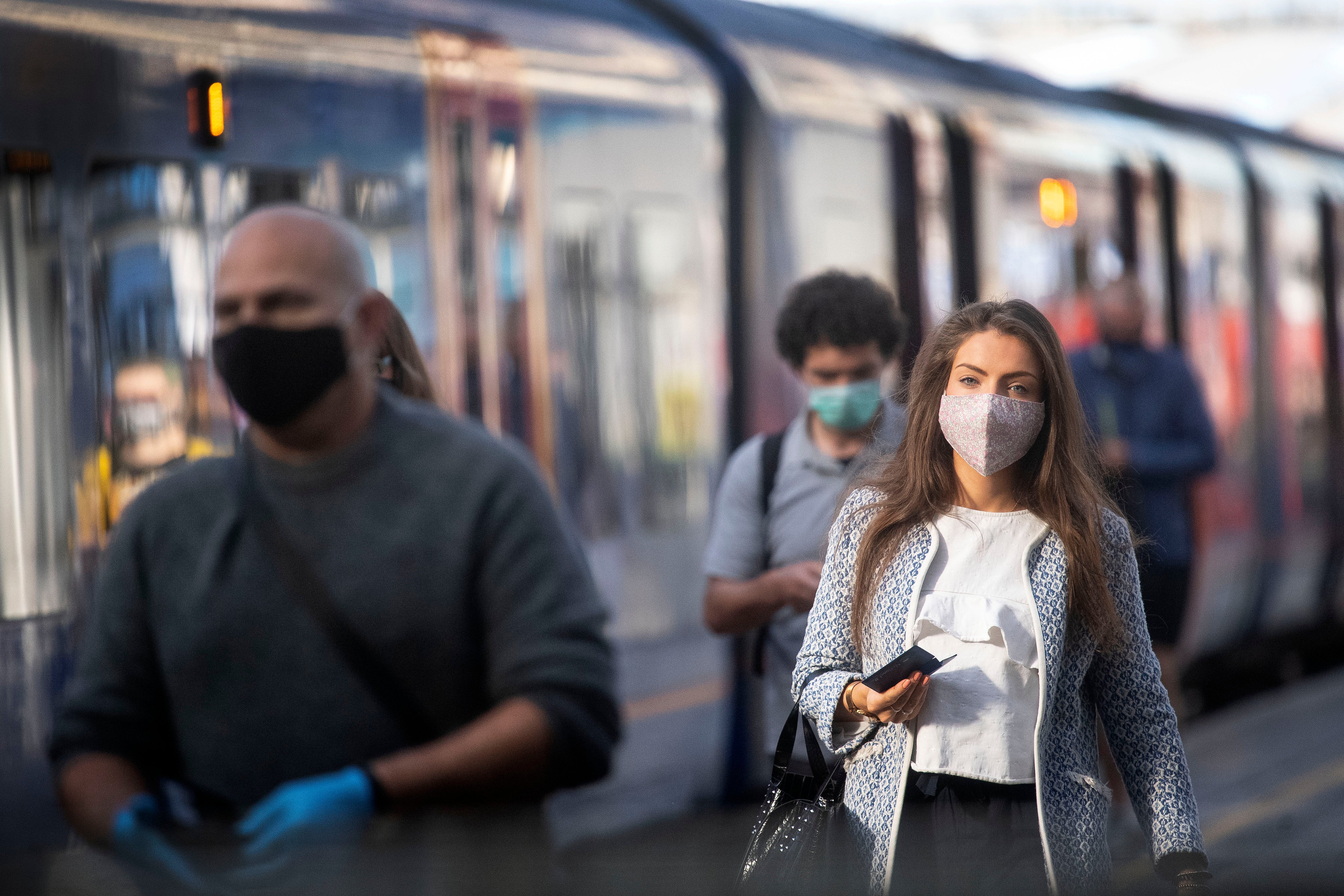How much will my train ticket cost next year?
13 key questions about what is happening to rail fares.

Your support helps us to tell the story
From reproductive rights to climate change to Big Tech, The Independent is on the ground when the story is developing. Whether it's investigating the financials of Elon Musk's pro-Trump PAC or producing our latest documentary, 'The A Word', which shines a light on the American women fighting for reproductive rights, we know how important it is to parse out the facts from the messaging.
At such a critical moment in US history, we need reporters on the ground. Your donation allows us to keep sending journalists to speak to both sides of the story.
The Independent is trusted by Americans across the entire political spectrum. And unlike many other quality news outlets, we choose not to lock Americans out of our reporting and analysis with paywalls. We believe quality journalism should be available to everyone, paid for by those who can afford it.
Your support makes all the difference.Annual rail fare rises in Britain are always a controversial issue.
The PA news agency answers 13 key questions about what will happen next year:
– Who determines how much more expensive my train ticket will be?
Britain’s fare rises are controlled by the UK, Scottish and Welsh governments.
– How did they calculate the increases for this year?
Average rises in England and Wales were 2.6%, which was based on the previous July’s Retail Prices Index (RPI) measure of inflation plus one percentage point.
– What about in Scotland?
Peak and off-peak tickets went up 1.6% and 0.6% respectively.
– What will happen next year?
No announcement has been made, but last month’s RPI figure was 3.8%.
– What happens if RPI plus one percentage point is used again?
That would lead to an increase in fares of 4.8%, which would be the highest since 2012.
– What do public transport campaigners say?
The Campaign for Better Transport is calling for fares to be frozen, to cut carbon emissions and encourage commuters to return.
– Is there a difference in who sets regulated and unregulated fares?
Governments regulate rises in around half of fares including season tickets on most commuter routes.
Before the coronavirus pandemic, operators controlled increases in other fares.
– What has changed?
Governments now have control of all fares as a result of spending billions of pounds to take on firms’ financial liabilities during the virus crisis.
– When are changes in fares implemented?
There has been no confirmation about what will happen to fares in 2022.
Fares usually become more expensive on the first working day of every year, but the 2021 rise was delayed until March 1 due to the pandemic.
– How much more expensive has train travel become in recent years?
Office of Rail and Road figures show that between 2004 and 2021, average fares increased in real terms by 14.7%.
– Where does the money go?
The Rail Delivery Group says 98p of every £1 spent on train tickets goes towards running and maintaining services.
– Is there any way of avoiding a rise in fares?
Savvy commuters can renew their season tickets in the days before an annual increase.
– Any other tips on limiting the cost of train travel?
Passengers can save money by getting a railcard, travelling off-peak and booking in advance – although these options are not available for many journeys, particularly those made by commuters.